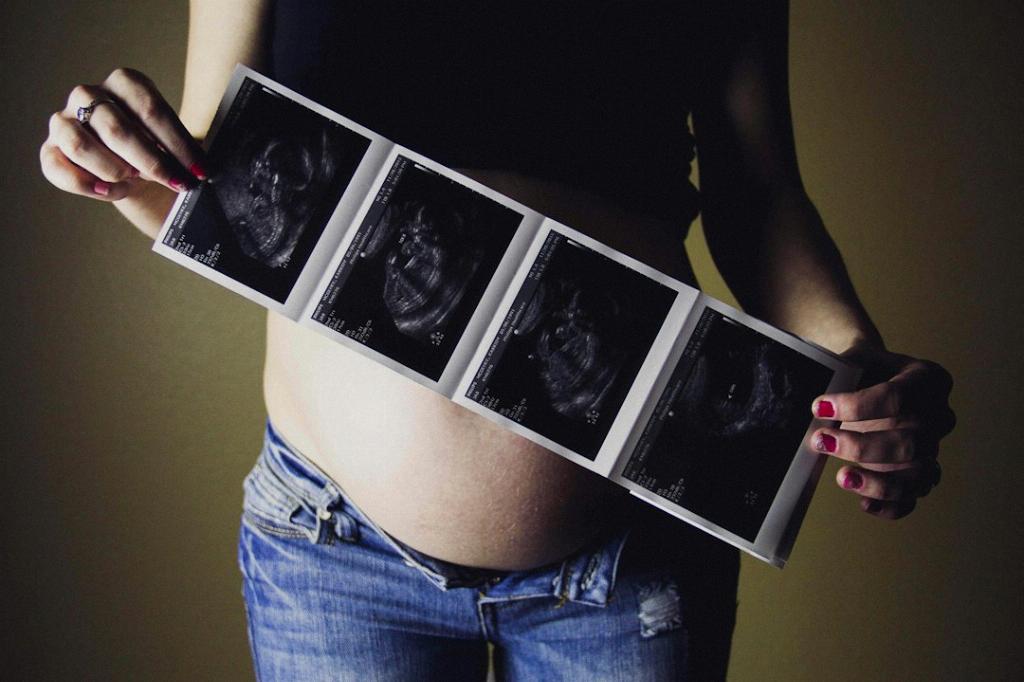Proper nutrition during pregnancy is essential to support the health of both the mother and the developing baby. The choices you make about what to eat and drink play a crucial role in ensuring a healthy pregnancy and a smooth delivery. A well-balanced diet provides the necessary nutrients to support the growth and development of the fetus, as well as maintain the mother’s overall well-being.
Folic Acid for Neural Tube Development
Folic acid is one of the most important nutrients for pregnant women. It plays a vital role in the development of the baby’s neural tube, which later becomes the brain and spinal cord. Adequate intake of folic acid before and during pregnancy can significantly reduce the risk of neural tube defects in newborns. Foods rich in folic acid include leafy green vegetables, citrus fruits, beans, and fortified grains.
Iron for Blood Production
Iron is another crucial nutrient for pregnant women as it supports the increased production of red blood cells to supply oxygen to the baby. Iron deficiency during pregnancy can lead to anemia, fatigue, and other complications. Good sources of iron include lean meats, poultry, fish, beans, and fortified cereals. Pairing iron-rich foods with sources of vitamin C can enhance iron absorption.
Calcium for Bone Health
Calcium is essential for the development of the baby’s bones and teeth. Pregnant women should aim to consume an adequate amount of calcium to support both their own bone health and that of the baby. Dairy products, such as milk, yogurt, and cheese, are excellent sources of calcium. Leafy green vegetables, almonds, and fortified foods are also good alternatives for those who are lactose intolerant or vegan.
Vitamin D for Calcium Absorption
Vitamin D plays a critical role in the absorption of calcium and phosphate, which are necessary for bone health. Pregnant women should ensure they are getting enough vitamin D to support the development of the baby’s skeletal system. Sunlight is a natural source of vitamin D, and it can also be found in fortified foods, such as milk, orange juice, and cereals.
Choline for Brain Development
Choline is an essential nutrient for the development of the baby’s brain and nervous system. It also helps prevent neural tube defects and supports overall growth and development. Eggs, lean meats, fish, and cruciferous vegetables are all good sources of choline that pregnant women can include in their diet.
Omega-3 Fatty Acids for Brain and Vision Development
Omega-3 fatty acids, particularly DHA, are crucial for the development of the baby’s brain and eyes. These healthy fats also support the mother’s cardiovascular health and may reduce the risk of preterm birth. Fatty fish, such as salmon, mackerel, and sardines, are excellent sources of omega-3s. Plant-based alternatives include flaxseeds, chia seeds, and walnuts.
B Vitamins for Energy Production
B vitamins, including B6 and B12, play a crucial role in energy production and the metabolism of proteins and carbohydrates. They also support the development of the baby’s nervous system and help prevent birth defects. Whole grains, lean meats, poultry, fish, eggs, and dairy products are all rich sources of B vitamins.
Vitamin C for Immune Support
Vitamin C is an antioxidant that supports the immune system and helps the body absorb iron. Including vitamin C-rich foods in your diet can aid in the body’s ability to heal and recover, which is essential during pregnancy. Citrus fruits, strawberries, kiwi, bell peppers, and tomatoes are excellent sources of vitamin C.
Hydration and Healthy Eating Habits
In addition to specific nutrients, staying hydrated during pregnancy is crucial for overall health. Drinking an adequate amount of water supports digestion, circulation, and the transportation of nutrients to the baby. It is also important for maintaining amniotic fluid levels and preventing dehydration. To further support a healthy pregnancy, aim to eat a variety of nutrient-dense foods from all food groups.
Consulting with a Healthcare Provider
Each pregnancy is unique, and individual nutritional needs may vary. It is recommended that pregnant women consult with their healthcare provider or a registered dietitian to create a personalized meal plan that meets their specific requirements. Regular prenatal visits can help monitor the mother’s health, fetal growth, and nutrient levels to ensure a healthy pregnancy and delivery.
Summary
Choosing a well-rounded, nutrient-dense diet is essential for supporting a healthy pregnancy and the development of the baby. By including a variety of foods rich in folic acid, iron, calcium, vitamin D, choline, omega-3 fatty acids, B vitamins, and vitamin C, pregnant women can help ensure optimal growth and development for both themselves and their babies. Staying hydrated, maintaining healthy eating habits, and seeking guidance from healthcare professionals are key components of a successful and fulfilling pregnancy journey.

